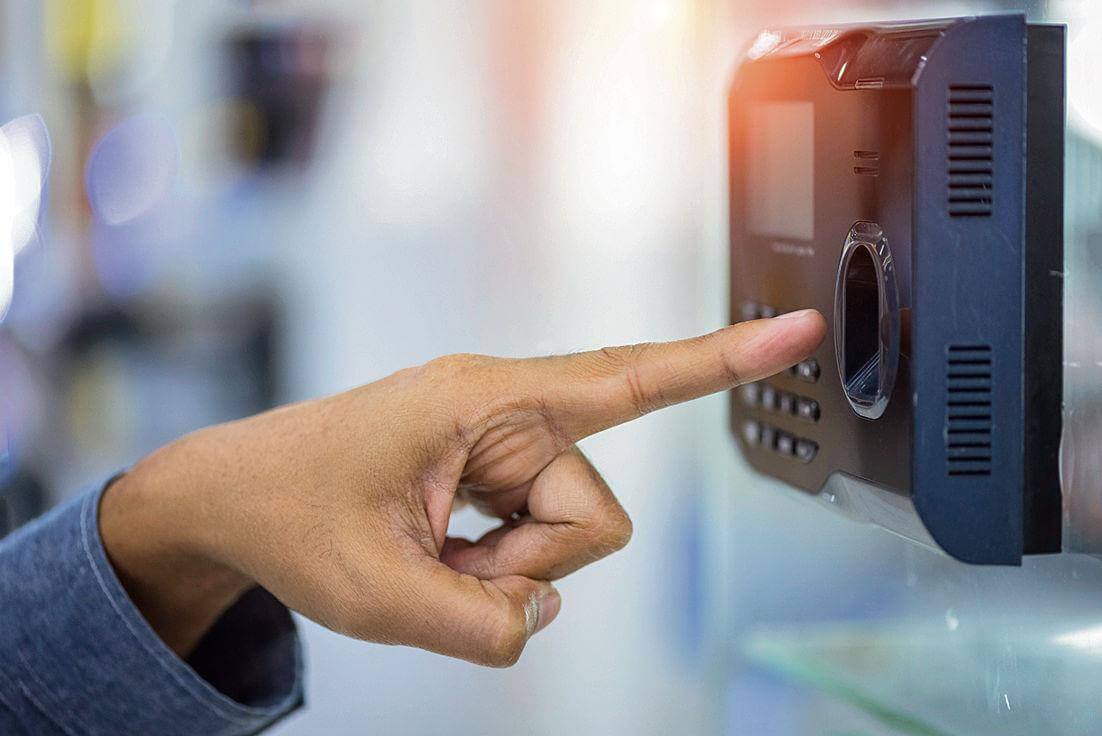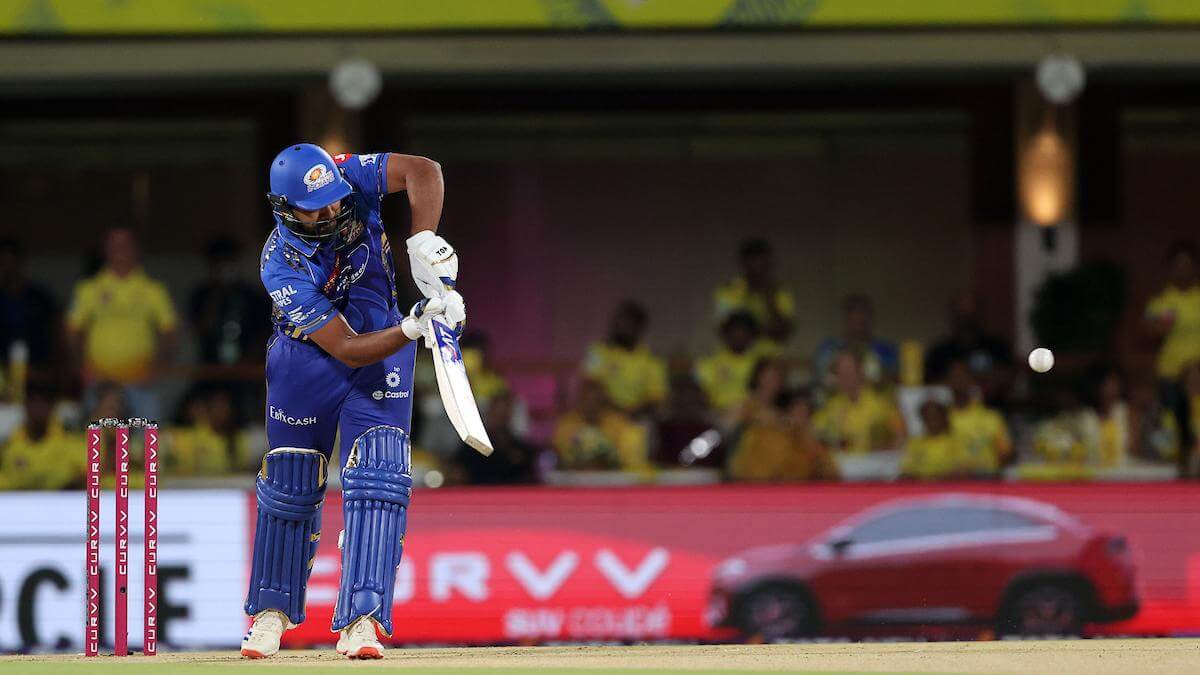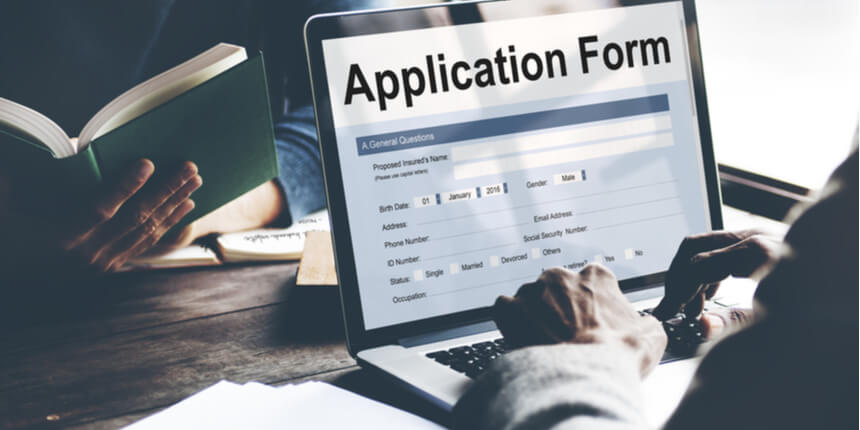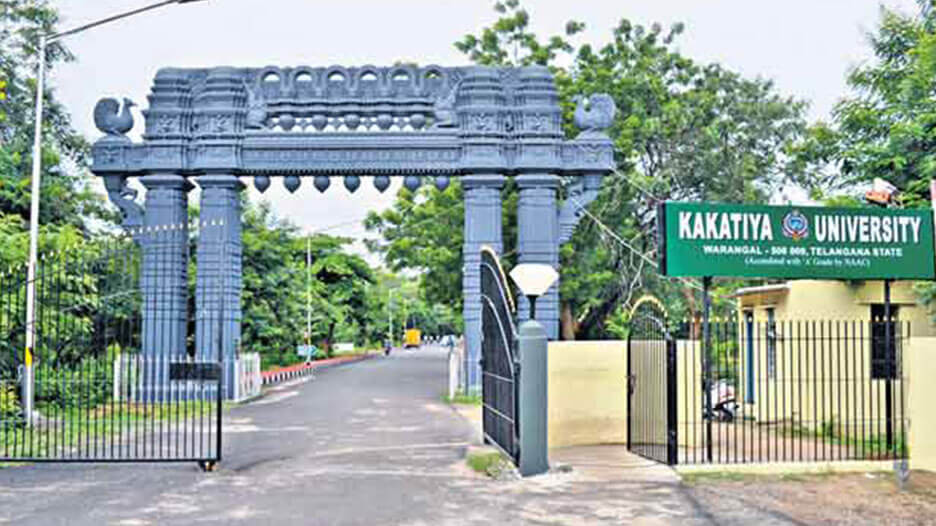NMC urges Aadhaar-linked biometric attendance for faculty in medical colleges
Sun 19 Nov 2023, 23:13:38

The National Medical Commission (NMC) has accentuated the necessity of implementing an Aadhaar-enabled biometric attendance system (AEBAS) for faculty members in medical colleges to combat the issue of "ghost faculty." This directive comes in the wake of the Post Graduate Medical Education Board's decision to enforce a Standard Operating Procedure (SOP) immediately for assessing the examination process.
To eliminate the presence of fictitious faculty members in medical institutions, the NMC has consistently emphasized the imperative role of the Aadhaar-linked biometric attendance system. Highlighting the importance of this system before inspections, the NMC has been pressing medical colleges to adopt AEBAS.
The Commission recently unveiled the medical assessment and Rating Board guidelines designed to standardise procedures for establishing new medical colleges or augmenting existing capacities. Additionally, these guidelines address the issue of ghost faculty among
other concerns.
other concerns.
Scheduled to be enforced from the forthcoming academic year, these rules aim to streamline the operations within medical education institutions, as confirmed by the apex medical education regulatory body.
The guidelines released by the NMC have specified that daily AEBAS records of essential staff, including faculty, residents, and support personnel, preferably with facial recognition, must be made accessible to the NMC. Furthermore, these records are expected to be displayed on the respective medical college websites in the form of a daily attendance dashboard.
In tandem with these directives, a notice accompanied by the guidelines highlighted the implementation of a Standard Operating Procedure (SOP) by the Post Graduate Medical Education Board for immediate effect. This SOP aims to evaluate the examination process as part of inspections for the recognition, increased intake, or renewal of recognition for a qualification course.
No Comments For This Post, Be first to write a Comment.
Most viewed from Edu and Jobs
AIMIM News
Latest Urdu News
Most Viewed
May 26, 2020
Do you think Canada-India relations will improve under New PM Mark Carney?
Latest Videos View All
Like Us
Home
About Us
Advertise With Us
All Polls
Epaper Archives
Privacy Policy
Contact Us
Download Etemaad App
© 2025 Etemaad Daily News, All Rights Reserved.






























